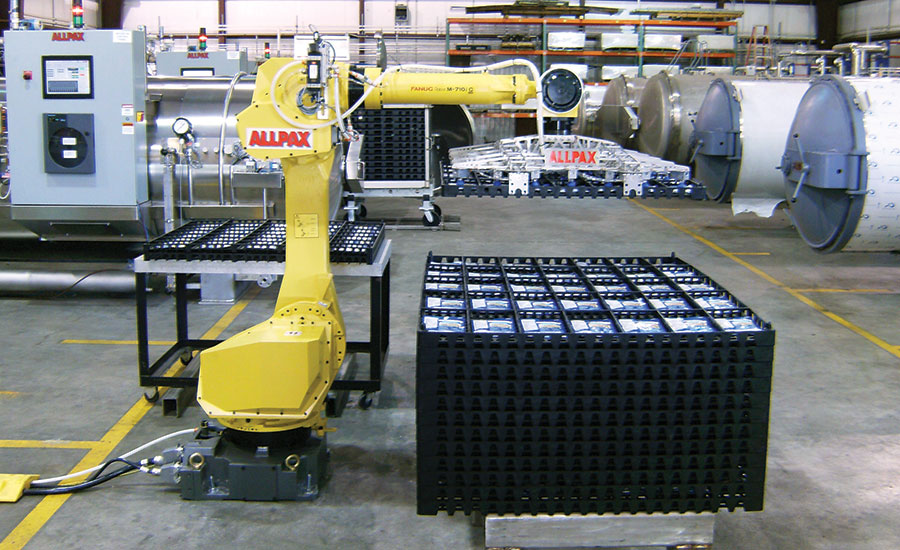|
Natural Language Processing (NLP) is a cutting-edge technology that has revolutionized the way we interact with computers and communicate with each other. By bridging the gap between human language and machine understanding, NLP has opened up new possibilities in various fields such as artificial intelligence, data analysis, and human-computer interaction. At its core, NLP aims to enable computers to understand, interpret, and generate human language in a way that is both meaningful and contextually accurate. It involves the development of algorithms and models that can process large amounts of text data, extract relevant information, and derive insights from it. One of the key challenges in NLP is the ambiguity and complexity of human language. Words and phrases can have multiple meanings depending on the context in which they are used. For example, the word "bank" can refer to a financial institution or the side of a river. NLP algorithms leverage techniques such as syntactic parsing, semantic analysis, and machine learning to disambiguate words and understand their intended meaning based on the surrounding context. NLP has found numerous applications across various domains. In the field of information retrieval, search engines utilize NLP techniques to understand user queries and provide relevant search results. Sentiment analysis, another important application of NLP, allows businesses to gauge public opinion by analyzing social media posts, customer reviews, and online discussions. Machine translation is yet another area where NLP has made significant advancements. NLP-powered translation systems such as Google Translate use sophisticated algorithms to analyze the structure and meaning of sentences in different languages, allowing for more accurate and fluent translations. NLP also plays a crucial role in voice assistants and chatbots. These intelligent virtual agents employ natural language understanding to comprehend user commands and respond appropriately. Whether it's setting reminders, answering questions, or controlling smart home devices, NLP enables seamless human-computer interaction through spoken or written language. Furthermore, NLP has proven to be instrumental in the field of healthcare. By analyzing medical records, clinical notes, and research papers, NLP algorithms can assist in disease diagnosis, drug discovery, and personalized medicine. They can also extract relevant information from unstructured data sources, facilitating clinical decision-making and improving patient outcomes. However, NLP is not without its challenges. As language is constantly evolving and context-dependent, keeping up with the latest linguistic trends and nuances poses a significant hurdle. Additionally, the ethical implications of NLP, such as privacy concerns and bias in automated decision-making, need to be carefully addressed to ensure fair and responsible use of this technology. In conclusion, Natural Language Processing (NLP) has transformed the way we interact with machines and communicate with each other. Its advancements have paved the way for intelligent systems that can understand, interpret, and generate human language. From information retrieval and sentiment analysis to machine translation and healthcare applications, NLP continues to push the boundaries of what is possible in the realm of language understanding and communication.  |
